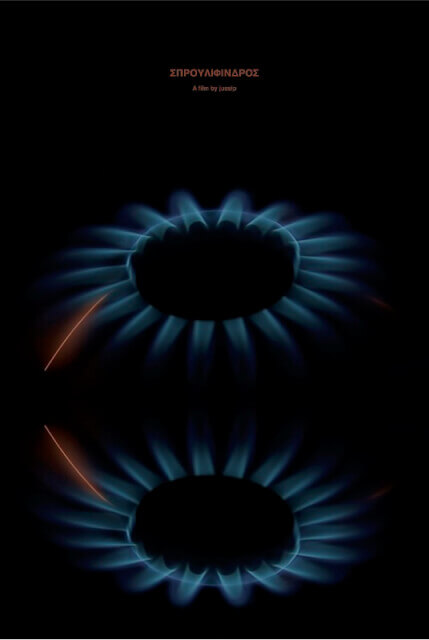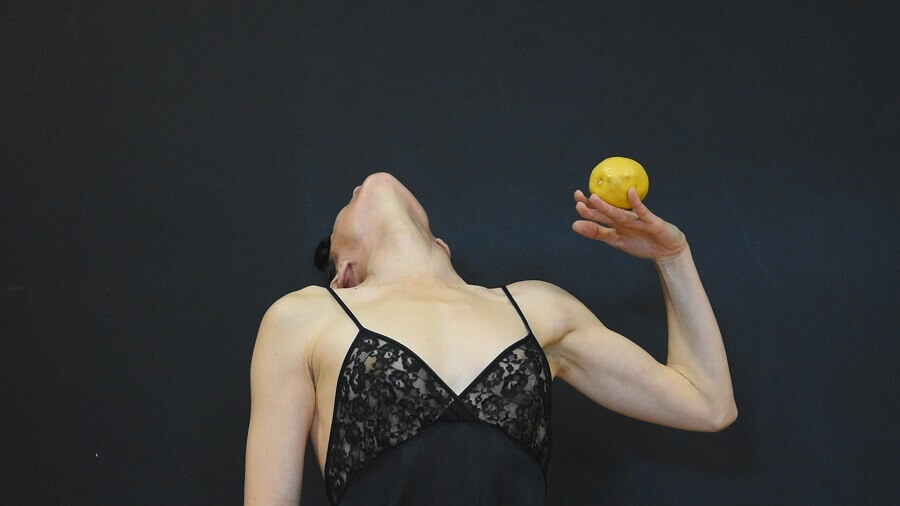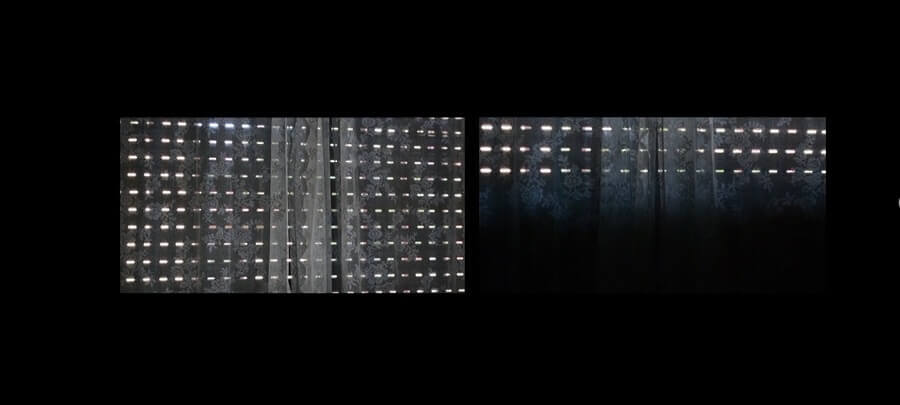SocialGR
This artwork consists of multiple videos of scrolls down found in well-known social media, which were taken by smart phone and are displayed in a horizontal layout and continuous flow. On a second reading and as the viewer moves away from the individual information, he or she realizes that the Greek flag is formed in the video. The artwork seeks to ask questions about the ever-increasing use and abuse of social media in Greek everyday life. Being sometimes means of communication and information and sometimes tools of manipulation, social media make people concern and strongly influence society in its entirety, while the posts of their multiple users are now an integral part of our modern (digital) public space.



